SGT. Thor the Damned Review

Why is this so good? I finished reading this on a plane and I immediately wanted to go back and buy the two earlier volumes, but I couldn't without ponying up for airline internet access. But it was so much fun to read this that I seriously considered it. I absolutely love Jason Anspach and Nick Cole's "what if Conan was a Ranger?" stories, and I can't wait to read the rest.
Of course, "why is this so good?" is a rhetorical question here at With Both Hands, as I have every intention of telling you exactly why, at length. I'm here to rekindle your sense of wonder.
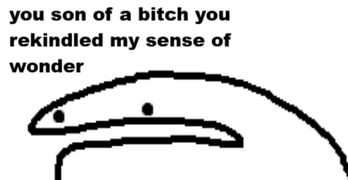
I reviewed the first part of the first volume, SGT. Thor: Little Sister, in May of 2023. I think you can still get the short story for free by visiting the WarGate Books Substack. If any of this at all sparks your curiosity, you should go get it and see for yourself what I'm talking about.
The SGT. Thor stories, like the Conan stories they pay homage to, are episodic in nature, so you can enjoy them in any order, as each one is relatively self-contained. I really want to read the other ones, but I don't think I missed out by reading volume three without having read the previous volumes. What links there are to past events are amply explained in the text. So with that, let's launch into the why.
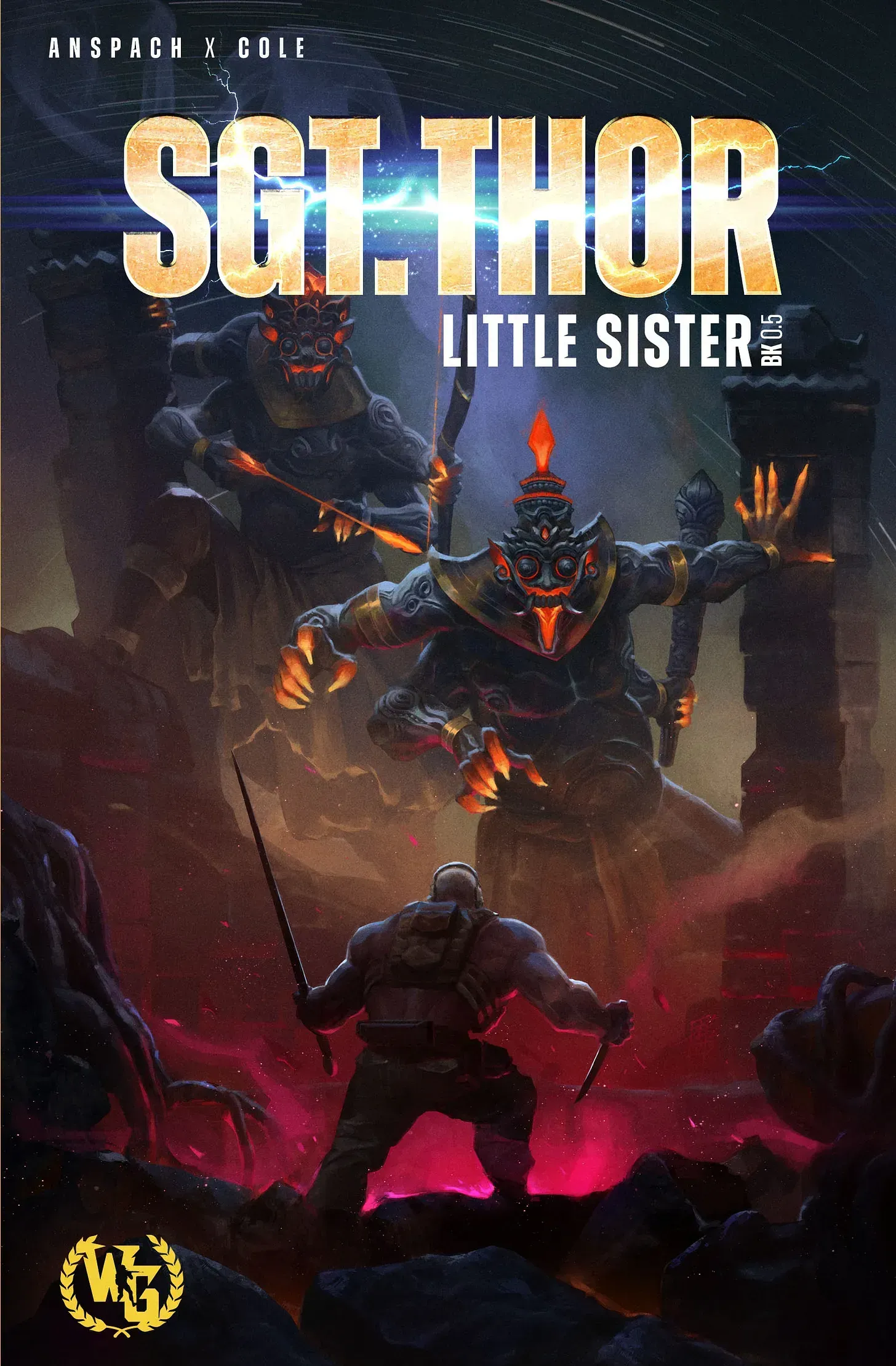
The SGT. Thor stories produce what Northrop Frye called buoyancy:
The ecstasy of creation and its response produce, on one level of creative effort, the hen's cackle; on another, the quality that the Italian critics called sprezzatura and that Hoby's translation of Castiglione calls "recklessness," the sense of buoyancy or release that accompanies perfect discipline, when we can no longer know the dancer from the dance.
...
Art seems to produce a kind of buoyancy which, though often called pleasure, as it is for instance by Wordsworth, is something more inclusive than pleasure. "Exuberance is beauty," said Blake.
--Northrop Frye, Second Essay of the Anatomy of Criticism
The kind of performance where you can no longer know the dancer from the dance is what you get from Thor Odinson when he smokes an advancing orc horde. It's just...perfect. It helps that Thor is not really some kind of bandit or brigand, reaving and slaughtering for gain. Thor does what he does because it is who he is, the deepest expression of a great souled man. Everyone he kills deserves it, and a part of the buoyancy comes from seeing their just deserts.
In theory, Thor is a Ranger and nominally under orders that would dictate where he goes and whom he smites, but for this series the handsome and hulking Ranger is on a walkabout in the uncharted wastes of the Ruin. Thor has gone off into the Eastern Wastes looking for an "edge".
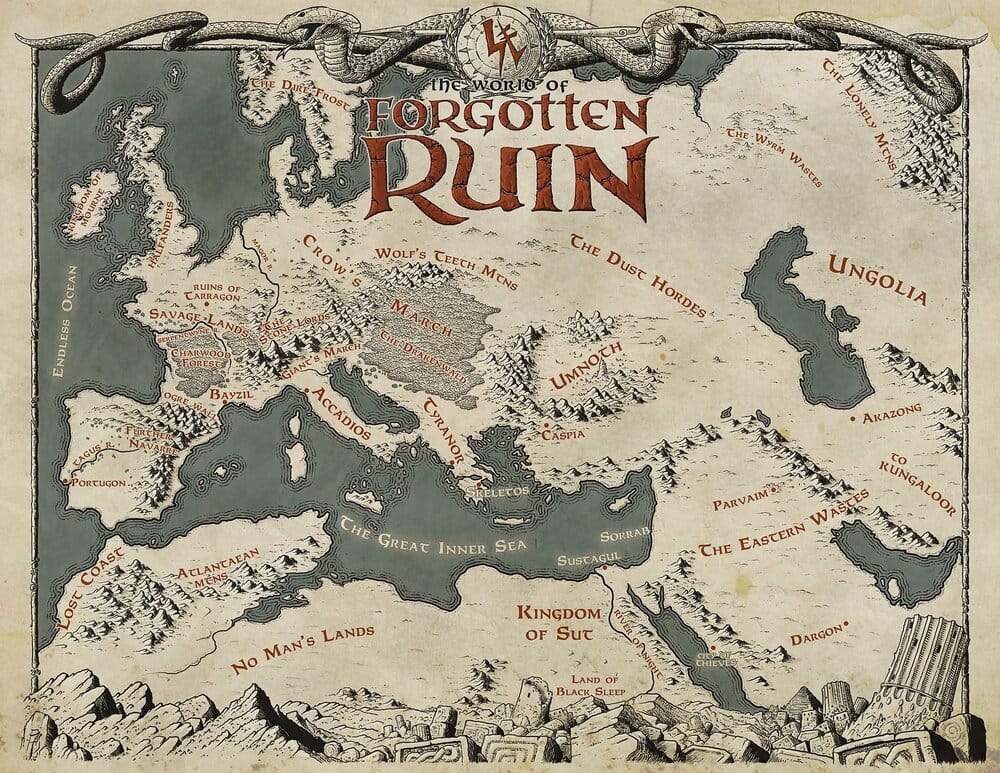
So what is it exactly that Thor is seeking? One of the most incisive bits of social commentary in the Forgotten Ruin series is something that Anspach and Cole put in the very first one. Talker never said exactly who it was who told him this, but I always imagined it was Thor:
But later, one of the high-speed low-drag operator types explained it to me a little bit differently. He said it was the "Addiction of the Edge". A kind of lure. Once you got to that level of operator operating, you were always looking for a new edge to jump off of. Or just any edge, because you were kind of addicted to it now. To the jumping.
It sounded cool. Except it was a problem. Because what happened when you weren't required to save the world anymore and still found yourself opening the hotel balcony door late in the night and standing on the railing? Looking at the drop and daring yourself to just jump, not because you wanted to kill yourself, but because that too was a kind of edge regardless of whether you had a parachute or not.
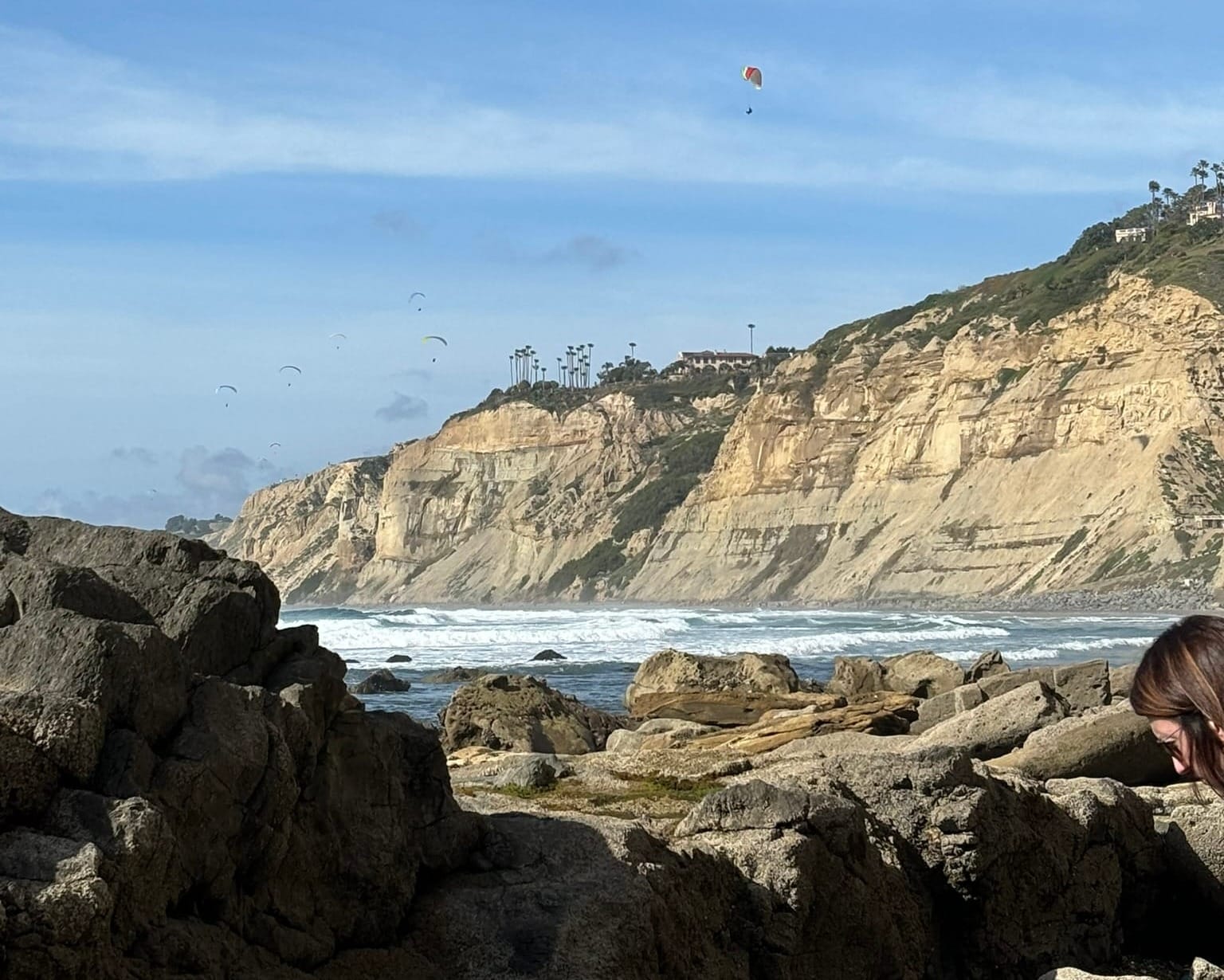
The kind of men who excel at keeping the lights on in the civilized world, whether literally or metaphorically, the quietly competent servants of empire, often do not fit in to the quiet ordered world they help to create and preserve. They go and seek edges. Sometimes, those edges are found on the frontier or dangerous jobs.

Sometimes those edges are just the interstices of civilian life, the often stupid or arbitrary rules that most people just accept, but a certain kind of man will rebel against if trapped by them, just to show that he can.
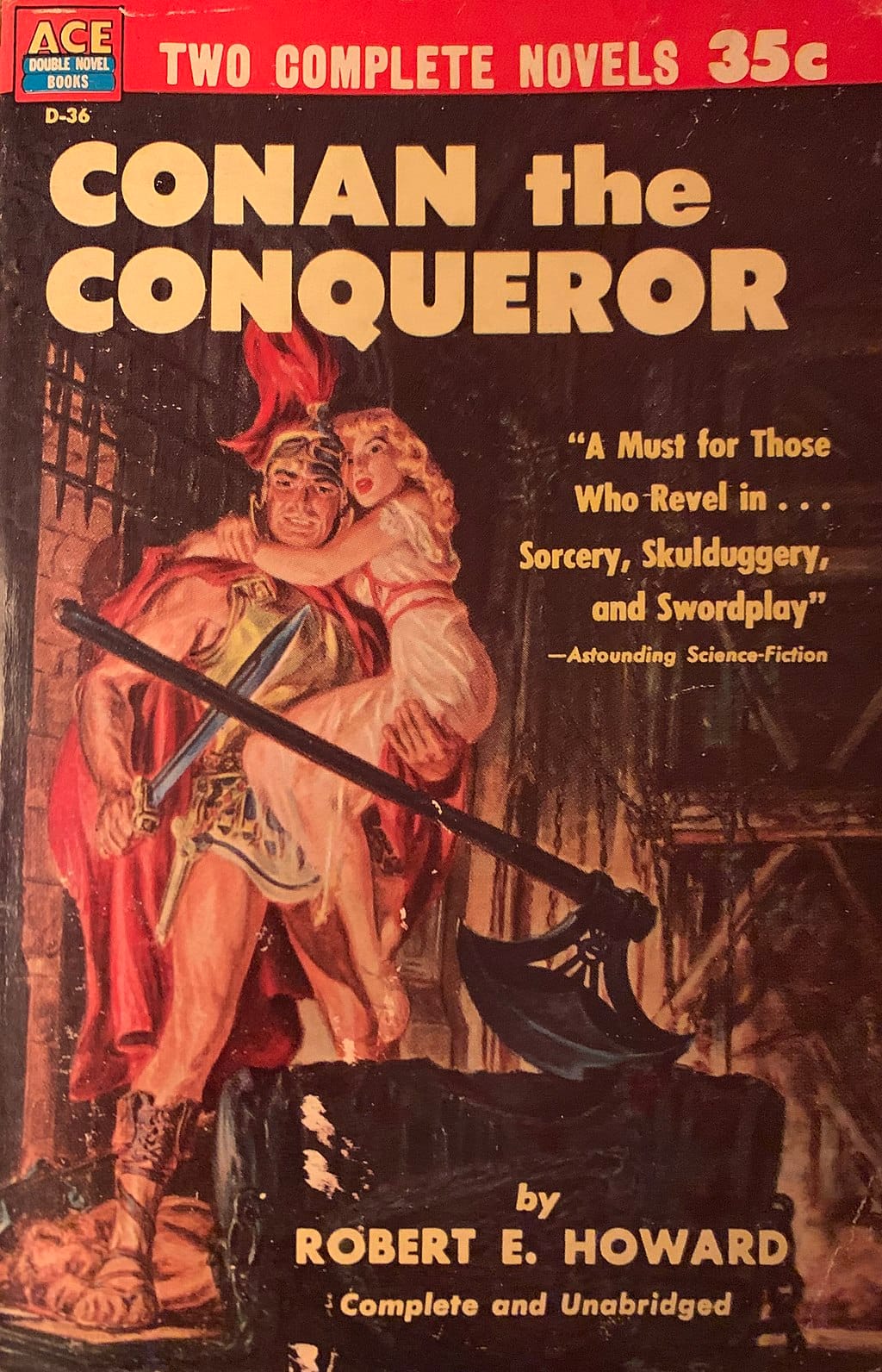
One of the complaints about Robert E. Howard's Conan is that Howard hated civilization, and used Conan to critique it. This is true, but I don't often think those who voice this complaint understand the force or cogency of what Howard is saying through his most famous character.
For all of its glories and accomplishments, civilization is also stultifying. It is always attempting to impose order and rules and sand off sharp edges. These are good things, but when this spirit is in ascendance for too long and the letter of the law replaces the spirit and legalism rules in place of law, civilization becomes very much like Conan's Hyborian Age, memorably described by Alexander Palacio as "deeply corrupt, effete, [and] moribund ... rooted in weak kings, old men, monsters and whores".
Thomas Bertonneau makes the same point in a different way
...Howard intuitively carried forth the ancient Indo-European tradition of epos – the hero-tale that also serves as a guide to male initiation in the lore of dimensions higher than those of civilized routines with their effeminate fastidiousness. Some tasks permit themselves only to be undertaken messily. Feminist English professors cannot undertake them. Most probably, feminist English professors do not even know that such tasks exist, that their consequences will overwhelm the order of things unless someone bold takes them up at risk to his life. The hero-tale indeed serves as a guide to the order of things, the origin and bases of which the conceit of modernity has put away beyond memory.
There is a part of the vital spirit of Western civilization, that finds literary expression going back to the Greeks, but assuredly before them in stories that we have forgotten, that does not respect rules or boundaries. It cannot be contained, and is always exploding outward with creative energy. And, if we are being honest, sometimes destructive energy too.
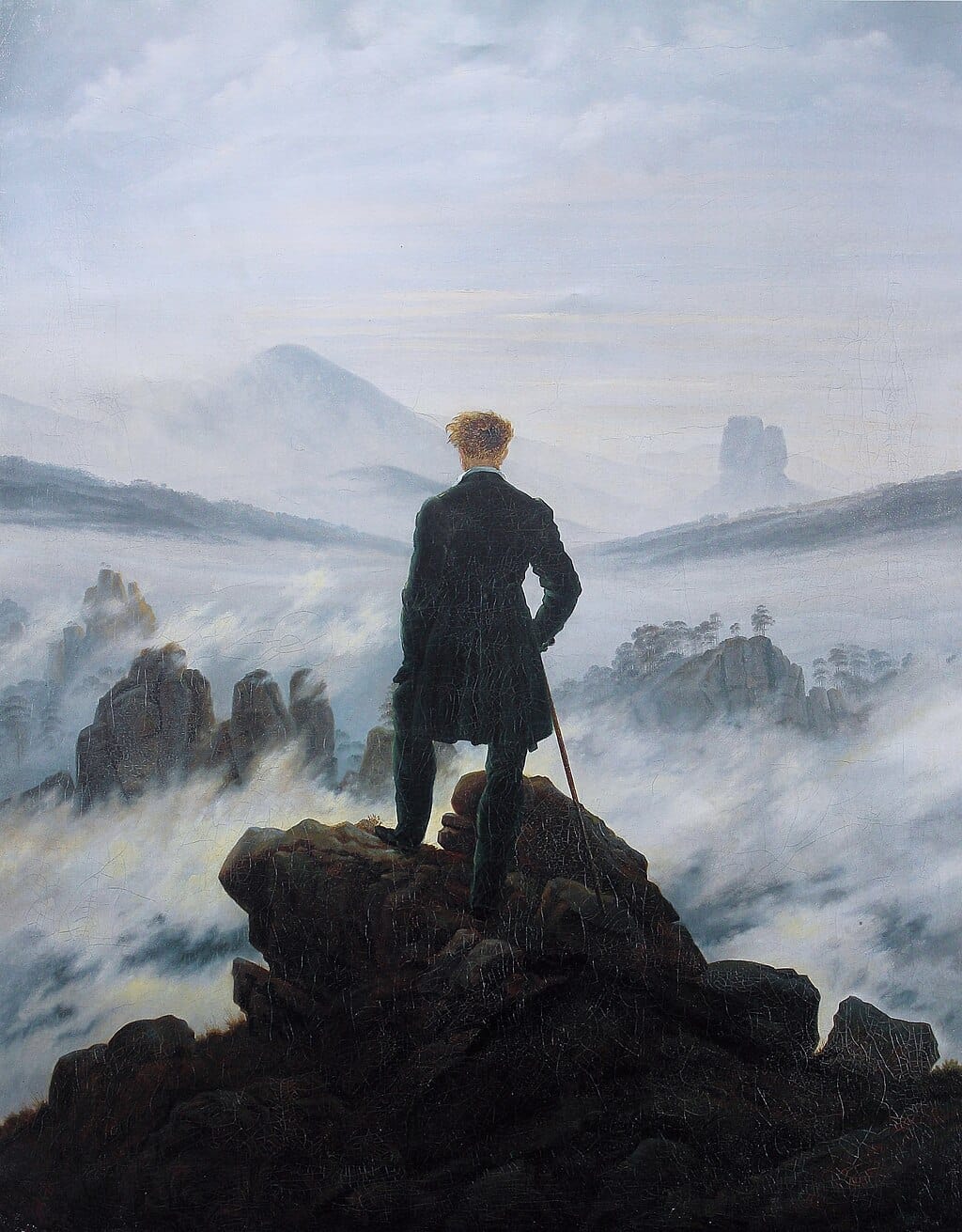
This element is key in understanding Oswald Spengler's term for the spirit of the West: to be Faustian is to seek edges.
According to Spengler, the West is a "Faustian" civilization. Readers will recall that Faust was a legendary Renaissance scholar-magician who sold his soul to the devil in return for knowledge and power. To be Faustian is to be impatient of limits, to seek the hidden, to take terrible risks.
--John J. Reilly
The untamable masculine energy of a Conan or a Thor is thus an important part of our Faustian civilization, the engine that keeps it going and the needed correction when it becomes moribund. But at the same time it is "a problem", and can quickly turn destructive, or self-destructive, if there are no edges left to seek.
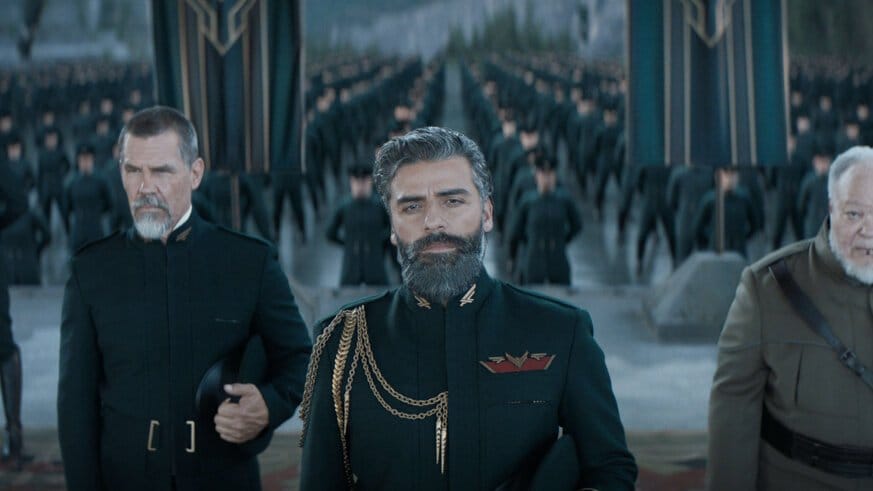
Part of the solution to this is the proper direction of that energy. This task often needs the authority of an older and wiser man who can point the younger man at a task than can only be undertaken messily, at great risk, and then get out of the way and let the younger man do it. In the Forgotten Ruin series, this role is often played by the "smaj", the Sergeant Major, who has been there and done that and lived to tell the tale, but is no longer dominated psychically by those vital energies.
The smaj allows Thor to go, and watches over him from afar. There is another part of the solution; one that can only be provided by the complementary feminine aspect of civilization. And in understanding and expressing this, I think Anspach and Cole may exceed Howard. Howard was only thirty when he killed himself, whereas Anspach and Cole are not only older, but men with wives and kids. Thus I think they understand the nature and value of femininity better than even the admirably gifted Howard ever could.
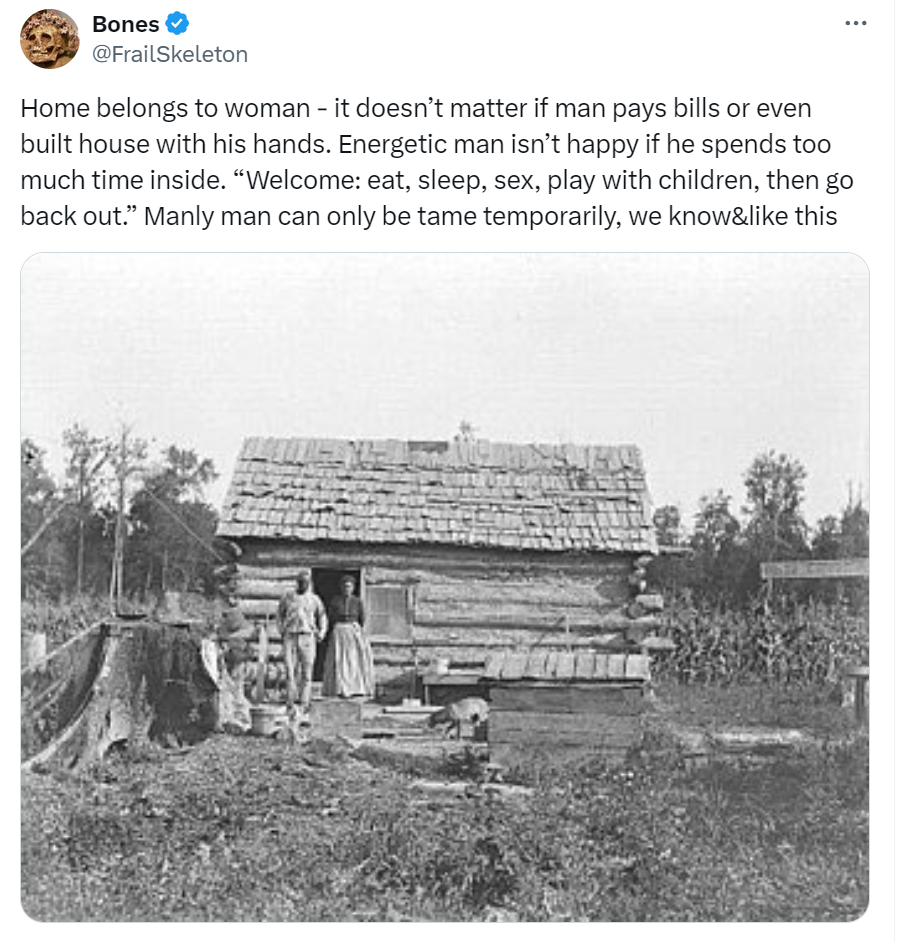
Thor is accompanied on his walkabout by the slave girl who is more than she seems, with the hilariously on-point name of Alluria. There is a wonderful scene in the book where Alluria, who enjoys teasing the soldiers with whom they have fallen in, boasts to Thor and the wily thief that she can make the men do whatever she wants. The thief, old and grizzled, explains that the woman doesn't fully understand her power, or what she represents:
They are young, girl, even though some seem old by their scars and the desperate battles without honor or humility they have fought. But they are barely as old as the warrior here. They measure themselves to warriors, but they are not ready to meet death, though they are willing when it must come for them. And they sense certain death ahead.
You are life, beautiful and silly girl. And they just want to hold life for as long as they can, even for just a mere caress, because they know they will soon die and will never have the chance to grow old with a girl.
Later, Alluria herself will begin to see this wisdom herself, a vision of what might be in other circumstances.
Another way in which Anspach and Cole have an advantage over Howard is that they are men of faith, and you can see that reflected in Thor, even though Thor declared himself a pagan so that the Army would allow him to grow his epic operator beard. Thor conducts "pagan" ceremonies of his own invention, but by his own admission he does not believe. Yet, there is this:
The Ranger had no answer to this.
One time, some other soldier had been trying to explain religion to him, and what faith was. That man was...one of the best Green Berets he'd ever worked with.
But for Thor...faith and religion...weren't a thing.
He'd killed things other people called gods and had worshipped, even though Thor had seen them bloody and slaughtered on their temple floors.
He didn't know yet. If there was...
He would tell himself sometimes when thoughts like that occurred...he didn't have enough intel yet. But that if he did...then yeah. Obviously, he would believe.
But only if it was the truth, because that was what mattered to him.
Thor is a man of character, and truth matters to him. He is in fact the worst barbarian ever. He behaves in a way that inspires ordinary people, people with all the burdens and cares of life, who nevertheless understand him on a fundamental level.
It is this that produces the sense of buoyancy, an exuberance inclusive of and greater than mere pleasure.
I received a review copy of this book from the publisher. I benefit from Amazon affiliate links, but only get a warm glow of satisfaction if you buy direct from the publisher.
Buy SGT. Thor the Damned at Amazon
Get a free SGT. Thor: Little Sister ebook at WarGate Store
Get a free SGT. Thor: Little Sister audiobook at WarGate Store
Buy SGT. Thor the Bold paperback at WarGate Store


Comments ()